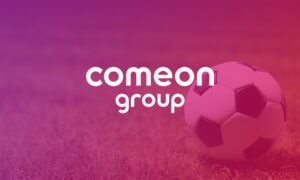These days, more of a focus than ever before is being applied to betting integrity. Organisations are being established to ensure regulations are applied, betting ecosystems are well-governed, and that bettors are protected and operators are behaving responsibly. It’s becoming an increasing concern among top-tier sports organisations, and recently, the International Olympic Committee (IOC) and UEFA sat down in a workshop designed to target those areas.
The key focus of this workshop was to ‘promote sports betting integrity’. Together, the IOC and UEFA represent some of the biggest betting opportunities in the book. The IOC is representative of the Olympics, and UEFA hosts events like the Euros, a high-tier soccer tournament. This year, both of these events are set to take place in Europe, which means that a wealth of bets will be placed and millions of bettors will flock to the services provided by the world’s topmost operators.
Remaining Regulated
In a statement, the UEFA’s Head of Anti-Match-Fixing, Vincent Ven, outlined what the point of this workshop was:
‘The main objective is to ensure robust 24/7 monitoring of the competition to complement our dedicated prevention and education programme for all participating athletes and officials. UEFA’s multi-stakeholder Anti-Match-Fixing Assessment Group will manage pre- and in-competition monitoring, ensuring that UEFA can immediately review and address any potential integrity threats to the tournament.’
That was echoed by the IOC, as the Olympics typically presents one of the most popular betting events on Earth. That was a point recognised by the Head of the OM Unit at the IOC, Friedrich Martens:
‘Collaboration is essential. During the upcoming Olympic Games in Paris, we will work together with a series of betting operators, associations and major betting regulatory authorities to exchange relevant information about irregular betting patterns or suspicious betting activities detected that might imply competition manipulation.’
Held at the Olympic House in Lausanne, the workshop offered presentations on these topics. There were regulatory discussions designed to share ways of working and best practices, but it was ultimately a showcase of the IOC and UEFA’s abilities to promote a tightly regulated betting environment during their events. Ultimately, collaboration opportunities surfaced, bonds were formed, and methods for preventing match-fixing and the manipulation of competitions were hardened.
That’s a good thing for anyone involved in the wider betting business.






